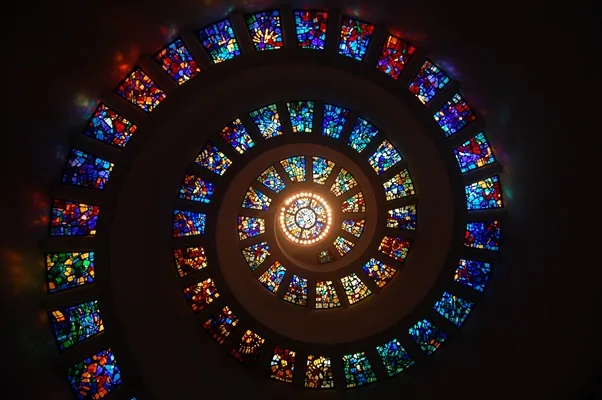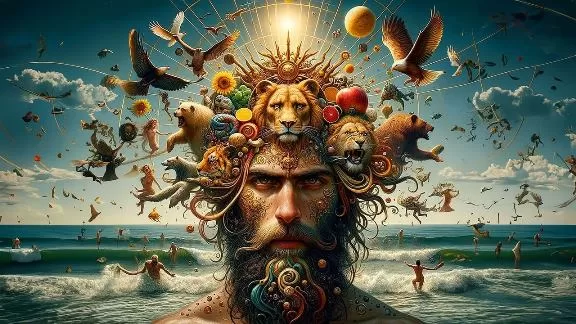The connection to the land and nature of Israel is at the core of the Zionist ideology, and is closely related to ideological concepts of the conquest of the wilderness, the renewal of Jewish sovereignty, inhabiting the land, continuity of the people of Israel, and more. In alternative spirituality, on the contrary, there is a different ideological array, which also leads to different kind f practices, for example in regards to the relationship with the place/nature, national/personal identity, loyalty to the establishment. Naturally, this leads to conflicts between the bodies of the establishment and those communities. Therefore, it is convenient for such communities to operate in the periphery, such as the Galilee.
A three-lecture session organized by Prof. Marianna Ruah-Midbar Shapiro dealt with these issues, in the framework of a conference at Tel Hai College in the spring of 2022.










